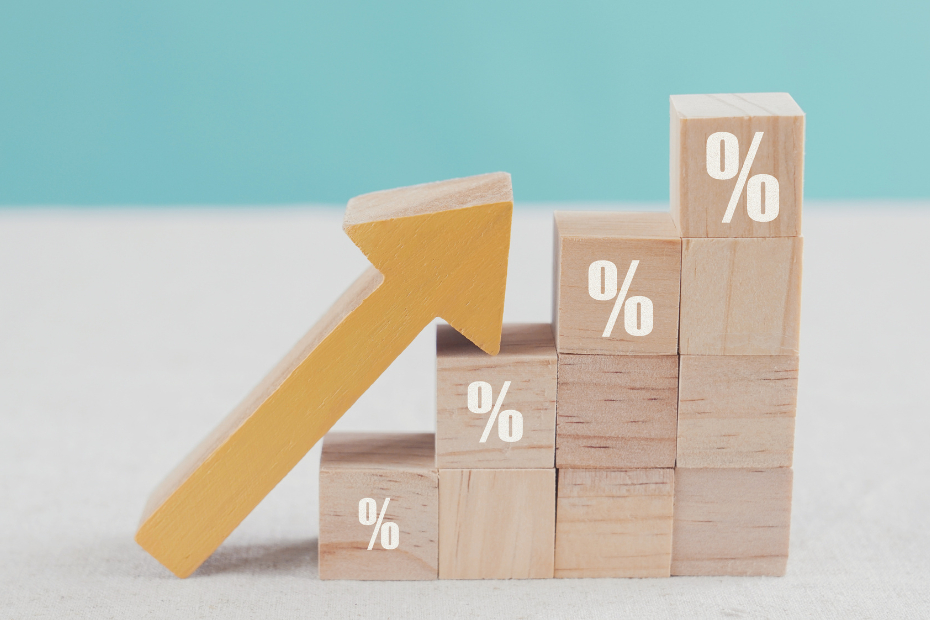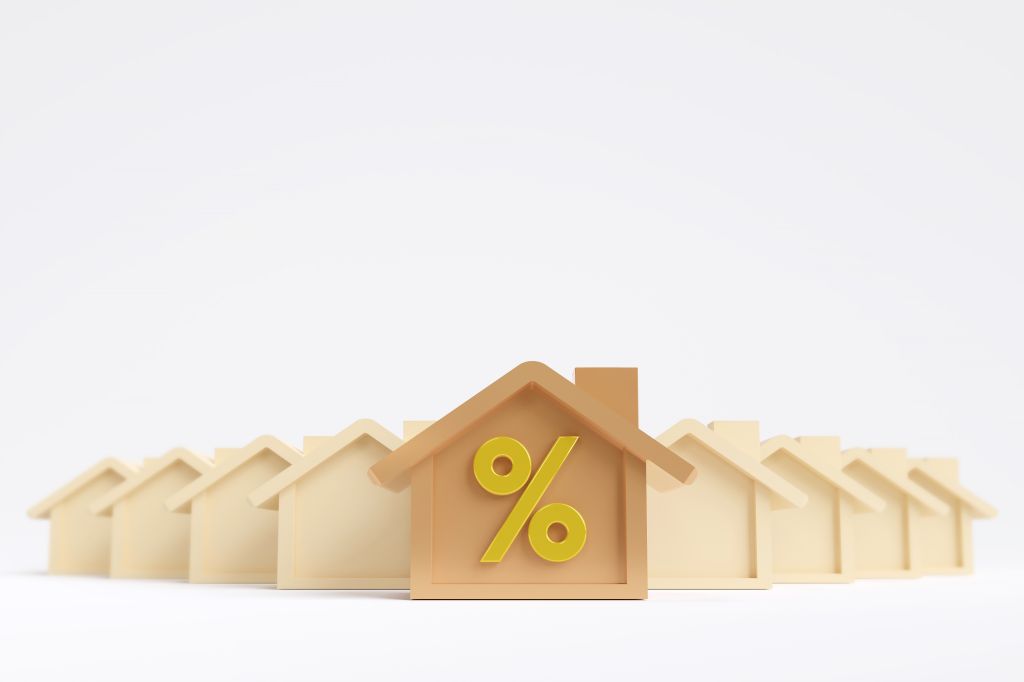Published July 13, 2023 • 3 Min Read
When mortgage rates rise, it’s natural to wonder how that can play out financially for you. The impact of rising mortgage interest rates can largely depend on whether you already own a home or if you’re planning to buy one.
What rising rates mean for existing homeowners
If you already own a home, then the type of mortgage loan you have can determine whether you see any impact from rising rates. Homeowners with conventional, fixed-rate loans may not see any immediate side effects from rising rates. However, you might have a higher rate when it’s time to renegotiate your mortgage at the end of its term.
Homeowners with variable-rate mortgages are more likely to see the effects of rising mortgage rates. With a variable rate loan, your rate is tied to an index or benchmark, namely the prime rate. If your bank increases its interest rates (based on the prime rate from the Bank of Canada (BoC)), your mortgage rate also goes up.
That can make your loan more expensive and lead to larger payments if your loan has both a variable rate and variable payments. If you have a variable rate loan with fixed payments, your payments stay level, but more of your payment goes to interest vs. principal. When it’s time to renew, you may have a higher outstanding balance than expected.
How rising mortgage rates may affect homebuyers
If you’re thinking about buying a home, it’s important to understand what affects your mortgage rate. The rate that you’re offered for a home loan may depend on several things:
-
Interest rate policy, as set by the Bank of Canada
-
Your credit rating
-
Whether you choose a variable or fixed-rate mortgage
-
The mortgage term
When mortgage rates are rising, that can make home loans more expensive. That’s significant, as a higher interest rate can directly influence how much home you can afford. Even a one percent difference in your mortgage rate could mean an increase of several hundred dollars in your monthly payment. Should rates remain high, you may pay thousands more in interest to own your home over the life of the loan.
Minimizing the impact of rising mortgage rates
How you approach increasing mortgage rates depends on where you’re starting from. If you already own a home, then your decision-making typically hinges on your loan type.
If you have a fixed-rate mortgage, then you might take a wait-and-see approach. Mortgage rates can rise and fall depending on how the Bank of Canada manages rate policies. For example, if you’re three years into a five-year mortgage term, then it’s possible that rates might be lower when it’s time to renew.
What if you have a variable-rate mortgage? In that case, you should understand that your rate may rise. Whether that also means a corresponding increase in your monthly payments can depend on whether you have a fixed or variable payment loan. If payments are fixed, you may want to consider making additional principal payments so that you’re not left with an inflated balance at renewal.
If you’re in the market to buy a home, improving your credit score could help you to secure lower mortgage rates. You could also reduce your monthly payment burden—and the amount you pay toward interest—by increasing the size of your down payment. Experimenting with different down payment options using a mortgage affordability calculator can give you a better idea of how much home you’ll be able to buy.
This article is intended as general information only and is not to be relied upon as constituting legal, financial or other professional advice. A professional advisor should be consulted regarding your specific situation. Information presented is believed to be factual and up-to-date but we do not guarantee its accuracy and it should not be regarded as a complete analysis of the subjects discussed. All expressions of opinion reflect the judgment of the authors as of the date of publication and are subject to change. No endorsement of any third parties or their advice, opinions, information, products or services is expressly given or implied by Royal Bank of Canada or any of its affiliates.
Share This Article






